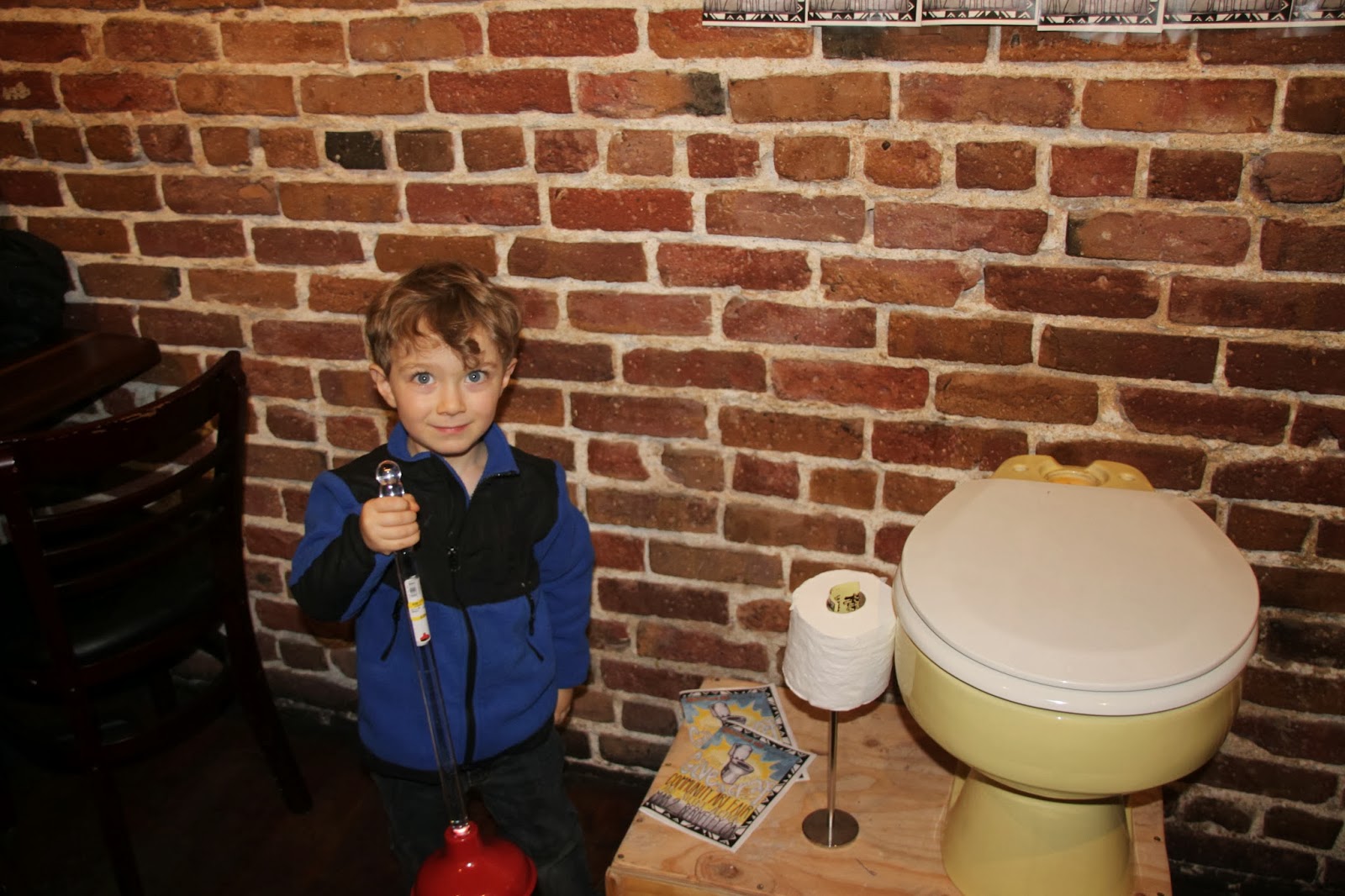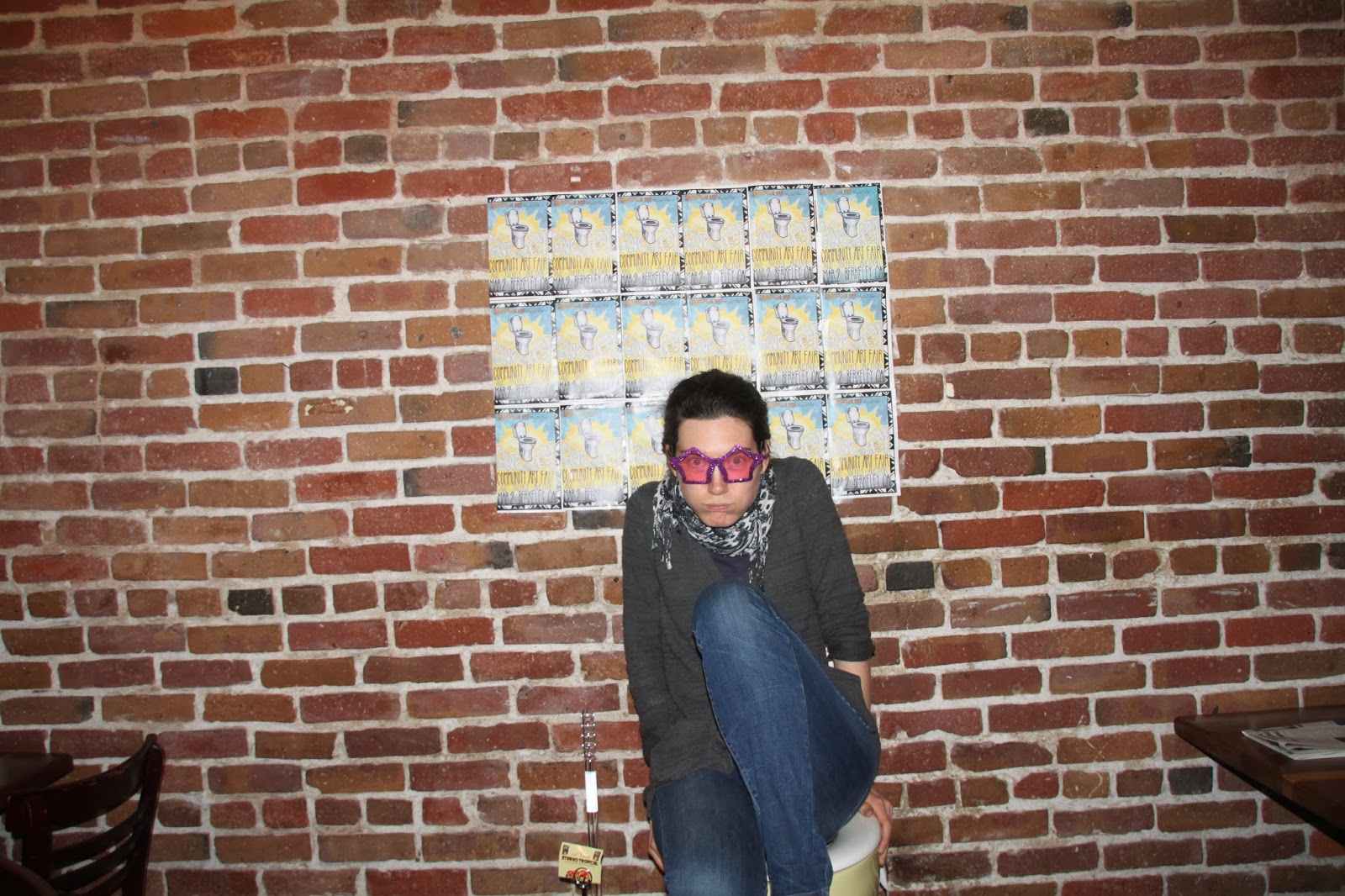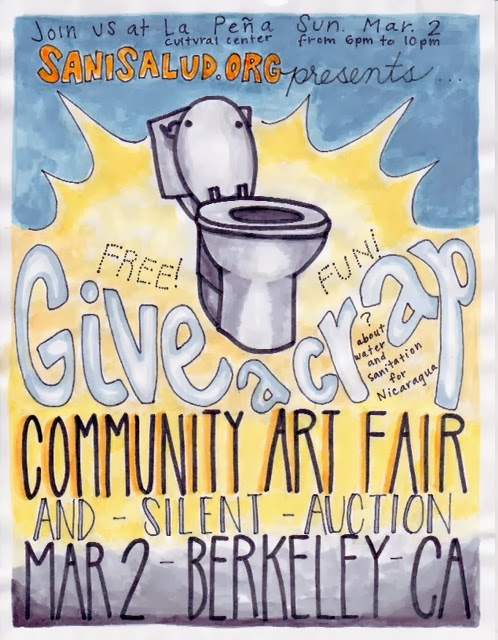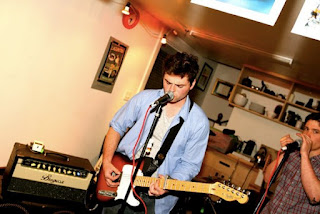Earth Day-Any Day
San Francisco Earth Day
Megan and Deja at SaniSalud's Booth
On Saturday April 19th Electronic Music Alliance and Earth Day SF co-produced an Earth Day street festival called Planet Dance. SaniSalud joined various corporations, businesses, NGOs, and volunteers in the plaza area of City Hall to celebrate the Earth. Our booth, outfitted with handmade signage by
Deja Kirwood, our resident artist, was near the main stage that featured SaniSalud’s very own DJ Mike Teez. Although we aim to improve Nicaraguan slums, it is part of our mission to spread scientific knowledge and build capacity in the U.S. despite the drastic differences in sanitation. SaniSalud was the only organization at the event advocating for improved access to safe, adequate sanitation for our fellow earthlings. In the United States, we have the luxury of being able to use a porta potty at public events, like Earth Day, and don’t often have to think about where to go. In other places, toilets are not available and free flowing human waste contaminates water sources and leads to deaths of children and environmental degradation. Its time to include sanitation as a focus of mainstream environmental advocacy. We must not forget about the 2.2 million people that die from disease related to poor sanitation—an afflicting large then AIDs, Tuberculosis, and malaria. An injustice to one is an injustice to all.
Human excrement is the only natural byproduct of living so it is commonly viewed as waste. While speaking with event goers we tried to re-frame the conversation and show to them that human waste is a valuable resource that can be converted to nutrient rich soil. Human excrement is one of the natural threads that links us to every human being that has ever been on this planet as well as connecting us with many animal, insects, and other species on Earth. Human waste removal has been ongoing for centuries but we are lead to believe that it requires a highly technical, infrastructure reliant process. This is not true, and does not fit all resource strapped regions like slums, where resources are scarce. By using the eco-san model, we are not introducing a product when we facilitate latrines building we are actually regressing back to nature that relies on microbes and natural processes to break down fecal matter in a way that protects the environment and reduces human health risks. The environment needs protection now and humans need to act and support global sanitation initiatives like Sanisalud; We should act like earth day is every day.
-Posted By Megan Rose Maurino






















































